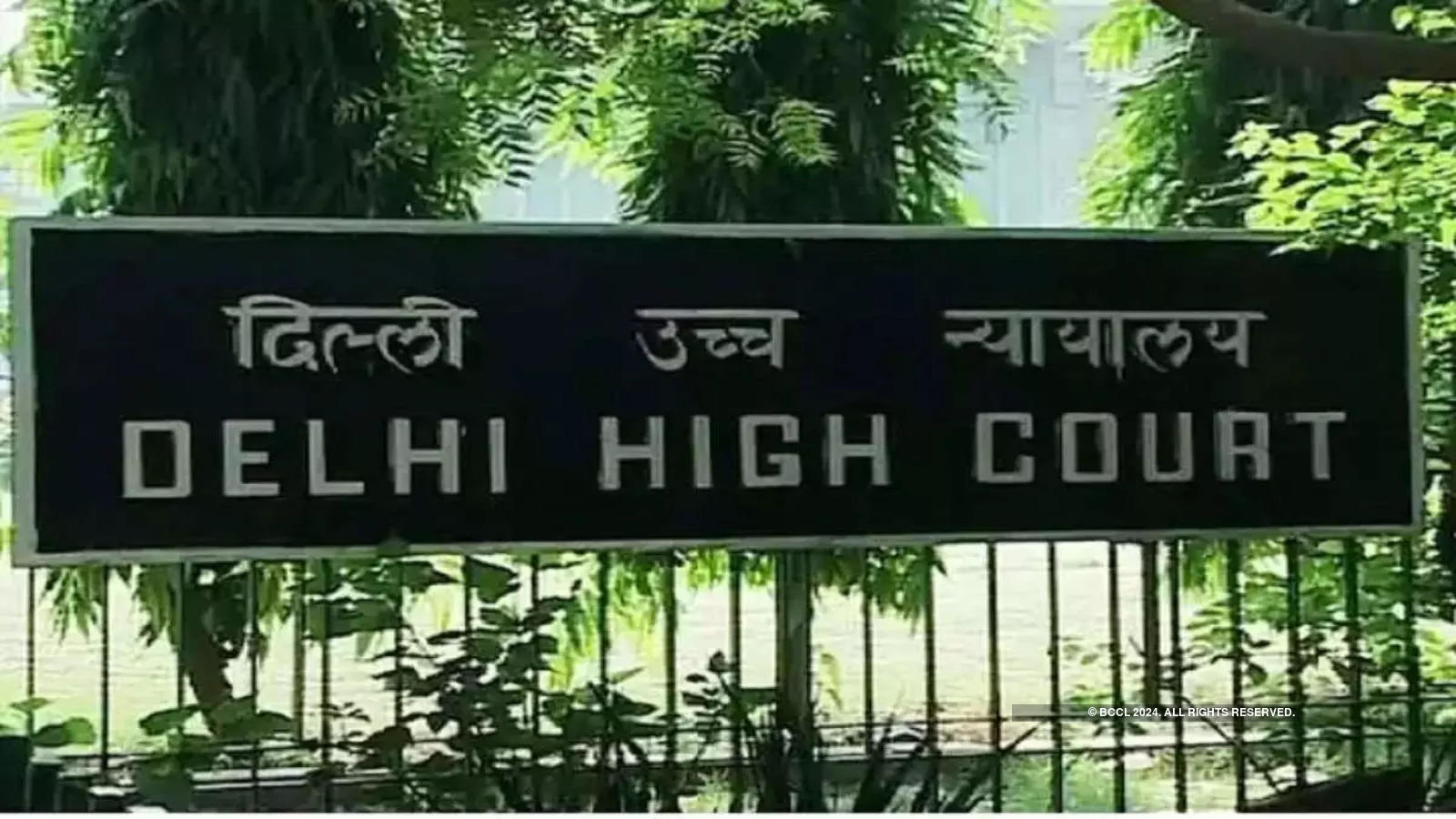


The Delhi High Court recently refused to pass any directions in a public interest litigation (PIL) challenging the Constitutional validity of various statutes on the ground that they bypass the jurisdiction of the High Court by providing for appeal directly before the Supreme Court [Dinkar Kumar and Ors v Union of India & Ors]. A Division Bench of Acting Chief Justice Manmohan and Justice Manmeet Pritam Singh Arora held that the challenge to the vires of these provisions on the ground of absence of appeal to High Court was without any merit.The Court said that the challenge to the vires of the laws raised in the petition already stands negated by the judgments of the Supreme Court and High Courts and the challenge, therefore, does not survive for consideration.“We may however, reiterate that the writ jurisdiction of the High Court under Articles 226 and Article 227 of the Constitution of India against the decision of the statutory tribunals, however, remains unaffected by the aforesaid provisions and there is no ouster, as authoritatively held and clarified in each of the aforesaid judgments. Accordingly, the prayers in the present petition do not survive for consideration and the same is disposed of. Pending applications are disposed of,” the Court said.It also rejected the relief sought by the petitioner that the phrase ‘Supreme Court’ be read as ‘High Court’ in these provisions, thereby, providing statutory appeal to the High Court.“The alternative submissions of the Petitioners seeking a declaration of seeking a declaration of the jurisdiction of the Constitutional Courts under Articles 226 and 227 of the Constitution from orders of the Tribunal or a right to maintain an appeal before the High Court against the orders of the Tribunal are inconsistent and belies the Petitioner’s understanding of the nature of jurisdiction exercised by the High Court in judicial review. The jurisdiction exercised by the writ Court is vastly different and distinct from an Appellate Court.”
The PIL was filed challenging the following provisions:
Section 23 of the Consumer Protection Act, 1986;
Section 38 of the Advocates Act, 1961;
Section 18 of the Telecom Regulatory Authority of India Act, 1997;
Section 15Z of the Securities and Exchange Board of India Act, 1992;
Section 55 of the Monopolies and Restrictive Trade Practices Act, 1969;
Section 53T of the Competition Act, 2002;
Section 30 and 31 of the Armed Forces Tribunal Act, 2007;
Section 22 of the National Green Tribunals Act, 2010;
Section 125 of the Electricity Act, 2003; and,
Section 423 of the Companies Act, 2013.
All these provisions provided for direct statutory appeal against the order of the apex adjudicatory fora constituted under each of these legislations, to the Supreme Court.It was the petitioner’s case that these provisions were violative of the basic structure of the Constitution since they overrode powers of judicial review conferred upon the High Court under Articles 226 and 227 of the Constitution of India.The petitioners argued that if these provisions are not struck down, they should be read down and the phrase ‘Supreme Court’ be read as ‘High Court’.The Court considered the matter and observed that as far as the Armed Forces Tribunal Act, the Consumer Protection Act and the Advocates Act were concerned, the issue did not survive as the Supreme Court had clarified the position and the High Courts have the writ jurisdiction over the orders passed by the tribunals or the adjudicatory fora constituted under these Acts.The High Court further said that the challenge to the provisions of the Electricity Act, Competition Act, SEBI Act and TRAI Act also does not survive since a similar challenge had been negated by a coordinate bench of the High Court.The Court further referred to the Supreme Court’s decision in Rojer Mathew v. South Indian Bank Ltd wherein the top court was considering the questions around statutory provisions providing direct statutory appeals from tribunals to the Supreme Court.In that judgement, the Supreme Court had noted that the provision of direct appeals had created undesirable and avoidable anomalies, but it did not strike down the provisions as unconstitutional.The top court, instead, issued directions to the Union of India to consult the Law Commission of India to revisit these provisions under various enactments providing for direct appeals to the Supreme Court and to instead provide appeal to High Court, if necessary.“In its deliberations, the Supreme Court reiterated that jurisdiction of the High Court under Article 226 of the Constitution, being part of the basic structure remains intact and orders passed by the tribunals remain amenable to the writ jurisdiction of the High Court,” the High Court observed.It, therefore, disposed of the plea.Advocates Praveen Agarwal, RR Srish, Awanish Kumar, Sanjay K Singh and Sanjay K Jha appeared for petitioners Dinkar Kumar and others.Central Government Standing Counsel Vikram Jetly and advocate Shreya Jetly represented the Union of India.
TAGS: Delhi High Court Public Interest Litigation (PIL) Dinkar Kumar and Ors v Union of India & Ors Division Bench